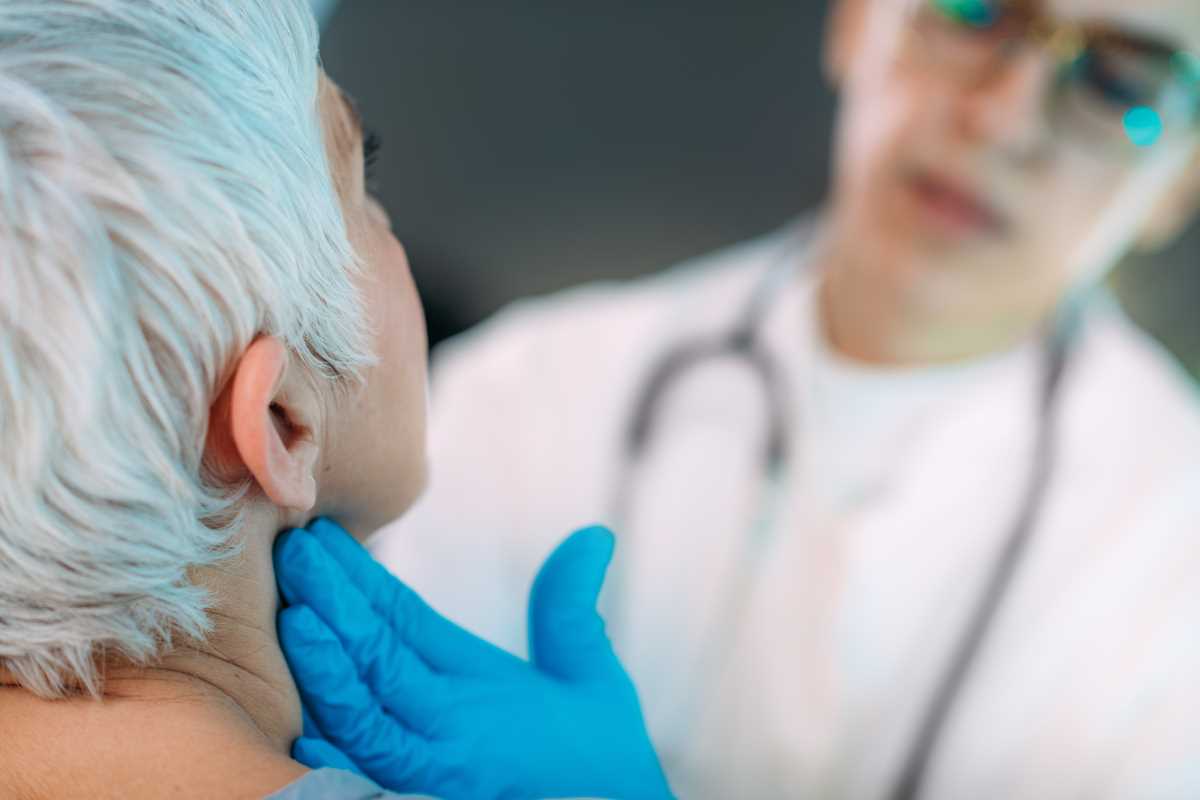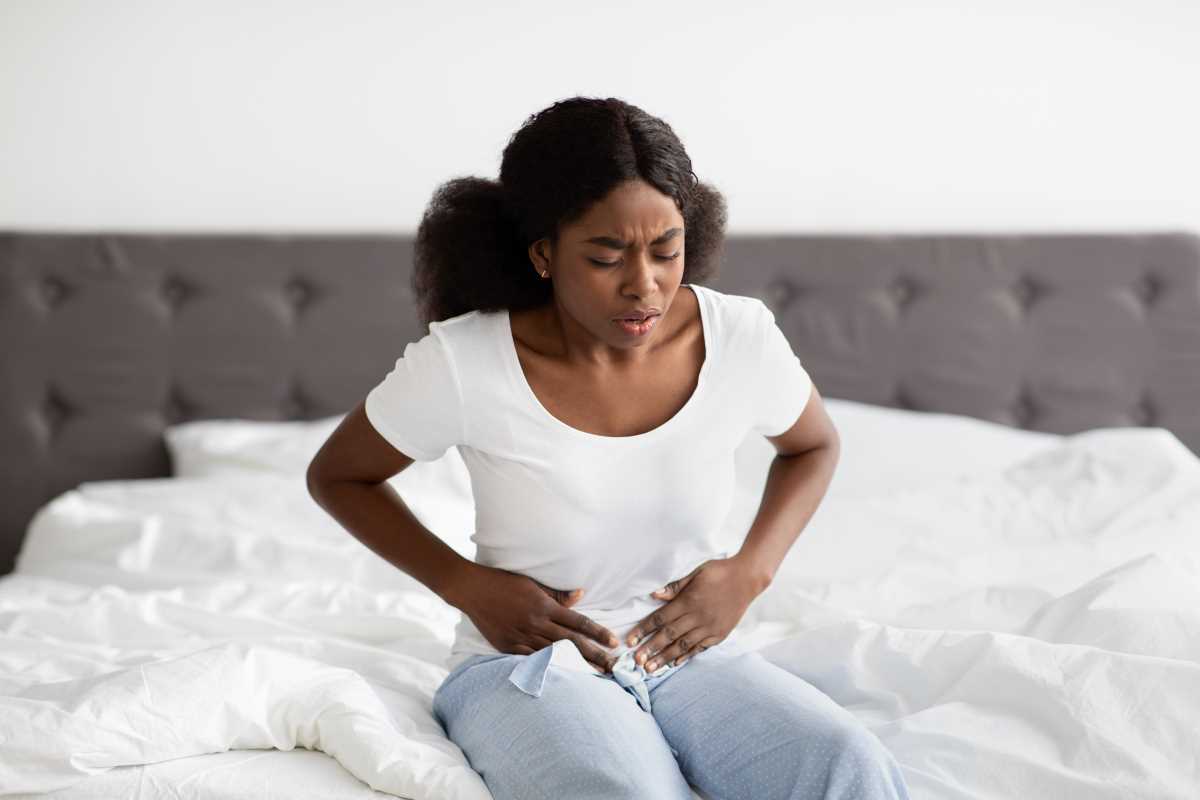Polycystic Ovary Syndrome (PCOS) is one of the most common hormonal disorders affecting people with ovaries, yet it often goes undiagnosed for years. This condition can cause a wide range of symptoms that vary from person to person, making it harder to spot for the average person. It impacts hormone levels, metabolism, and even fertility, making it important to identify signs early. Understanding the symptoms connected to PCOS can help you take proactive steps toward a diagnosis and effective management. We're going to explain the most common symptoms of PCOS, how they relate to the condition, and what they might mean for your health.
1. Irregular Periods
Unpredictable menstrual cycles are one of the hallmark signs of PCOS. Hormonal imbalances disrupt ovulation, leading to periods that are inconsistent, infrequent, or even absent.
- What to notice: Menstrual cycles that last longer than 35 days, fewer than eight periods in a year, or stopping your period altogether. Some individuals also experience spotting between cycles.
- Why it happens: PCOS often prevents the body from regularly releasing eggs, impacting the hormones that control your cycle.
2. Excess Facial or Body Hair
Unwanted hair growth on the face, chest, back, or other areas can be linked to elevated levels of androgens, often called "male hormones," in the body. This symptom is also known as hirsutism.
- What to look for: Thick, dark hair appearing in areas traditionally associated with male hair patterns, such as the chin, upper lip, or abdomen.
- The connection to PCOS: Higher-than-normal androgen levels stimulate hair follicles in unusual ways, leading to excessive hair growth.
3. Acne That Won’t Go Away
Persistently oily skin or acne that resists typical treatments can point to hormonal changes caused by PCOS. Hormonal acne is often deeper and more cystic than typical breakouts.
- Where it shows up: Acne concentrated along the jawline, chin, or lower cheeks. These areas are especially responsive to androgen levels, which can increase oil production.
- Why this happens: Elevated androgens drive the skin’s sebaceous glands to produce excess oil, clogging pores and causing breakouts.
4. Weight Gain or Difficulty Losing Weight
Unexplained weight gain, particularly around the abdomen, is a common symptom of PCOS. Hormonal imbalances and insulin resistance make it harder for the body to regulate metabolism efficiently.
- What’s noticeable: Gaining weight despite maintaining the same diet or exercise routine, or finding it difficult to shed pounds even with healthy habits.
- The role of insulin resistance: Insulin resistance causes the body to store fat more easily, particularly in the belly, which is often referred to as "central obesity."
5. Thinning Hair or Hair Loss
Hair thinning on the scalp, also called androgenic alopecia, is another symptom linked to PCOS. This type of hair loss mimics male-pattern baldness.
- What to watch for: A widening part or noticeable thinning on the crown of the head, while hair may remain thick in other areas of the scalp.
- What’s happening: Excess androgen levels shrink hair follicles over time, slowing or even stopping hair growth in affected areas.
6. Skin Darkening or Acanthosis Nigricans
Dark, velvety patches of skin can appear in certain areas due to insulin resistance associated with PCOS.
- Where it appears: Commonly found under the arms, around the neck, behind the knees, or along the groin. The skin may feel thickened or slightly raised.
- The connection to PCOS: Higher insulin levels stimulate skin cells to overproduce pigment, leading to these darkened patches.
7. Difficulty with Fertility
Struggling to conceive might be one of the ways people first learn they have PCOS. Hormonal irregularities interfere with ovulation, making it hard to track fertile windows or release eggs consistently.
- What to expect: Trouble becoming pregnant despite trying for over a year, or irregular ovulation tests.
- What’s behind it: PCOS disrupts the balance of hormones needed to mature and release eggs during the menstrual cycle, resulting in lower fertility.
8. Fatigue or Low Energy
Feeling constantly tired can stem from the metabolic challenges PCOS places on the body. Insulin resistance and hormonal imbalances impact energy levels, often leading to persistent fatigue.
- What it feels like: Low energy even after a full night’s sleep or getting easily fatigued by minor activities.
- The link to PCOS: Poor glucose regulation makes it harder for the body to use energy efficiently, leaving you feeling drained.
9. Mood Changes or Depression
Mental health challenges, such as depression or anxiety, are common among people with PCOS. These mood changes can arise from both hormonal shifts and the stress of managing physical symptoms.
- What to notice: Feeling emotionally anxious, overly stressed, or down for long stretches without a clear cause.
- What contributes to it: Fluctuating hormone levels impact brain chemistry, while the visible symptoms of PCOS may affect self-esteem.
10. Pelvic Pain
Occasional or chronic pain in the lower abdomen or pelvis may be related to PCOS. This discomfort could result from enlarged ovaries or cysts developing on the ovaries.
- What it feels like: A dull ache or sharp pains that come and go, sometimes around the time of ovulation.
- What happens in PCOS: The ovaries may develop multiple cysts that cause added pressure or pain.
When to Seek Medical Help
You should consult a healthcare professional if you experience several of these symptoms, especially if they persist for weeks or significantly impact your daily life. Early diagnosis allows you to begin managing PCOS effectively, reducing symptoms and preventing long-term complications like diabetes or heart disease.
Doctors may use blood tests and imaging to check hormone levels and identify cysts on the ovaries. Meeting with a specialist, such as an endocrinologist, makes sure you get personalized care options tailored to your needs.
Taking Proactive Steps
Managing PCOS often involves a combination of lifestyle changes, medications, and regular monitoring. Eating a balanced diet rich in whole grains, lean proteins, and fiber can support hormone balance and improve insulin sensitivity. Exercise also plays a big role in maintaining a healthy weight and reducing the severity of certain symptoms. Consider documenting your symptoms in a journal to share with your doctor, which can provide valuable insights into patterns over time.
 (Image via
(Image via





